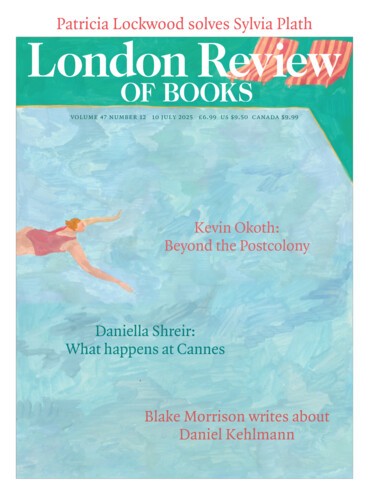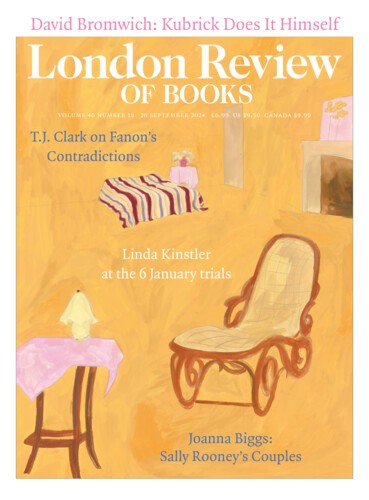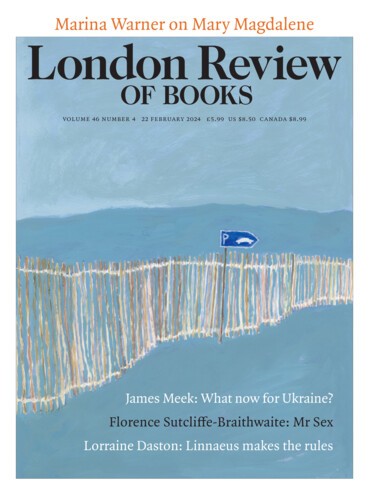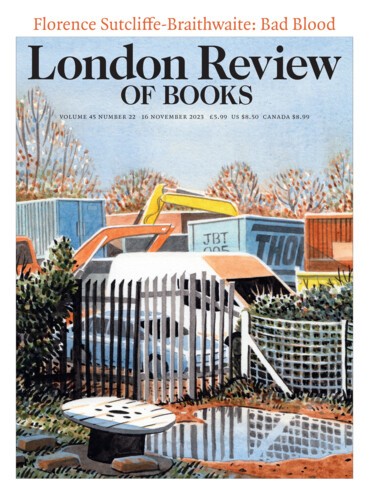Helpless
Mark Ford, 10 July 2025
Sturm und Drang, or stress
and moods –
take it as read, an overflow of nerve-force must
expend itself in some direction, as Herbert Spencer long ago
opined … Knocked
this-a-way then that, tumbled
and wrenched, those most acutely
tormented commune
initially with fellow sufferers, after
with the dead, whose spectres or residues
permeate the parks, the filthy
air, the malls. The real is so...





